France and the UK have put forward a proposal for a partial one-month truce in the Russia-Ukraine war, according to French President Emmanuel Macron and his foreign minister. This initiative comes as European nations step up efforts to support Kyiv amid uncertainty over US assistance.
Speaking on Monday, a day after European leaders convened in London to express solidarity with Ukraine, French Foreign Minister Jean-Noël Barrot stated that the proposed truce would focus on air, sea, and energy infrastructure. He explained that such a pause would help assess whether Russian President Vladimir Putin is negotiating in good faith and his willingness to engage in meaningful peace talks.
Barrot warned of the growing threat of war in Europe, emphasizing that the conflict was drawing closer to EU borders. His remarks echoed those of Macron, who revealed that France and the UK had devised a strategy for a temporary, limited ceasefire that would exclude ground combat. In a later phase, troops could be deployed to Ukraine.
In an interview with Le Figaro on Sunday, Macron clarified that European forces would not be sent to Ukraine in the immediate future. He stressed the need to use this period to negotiate a truce, a process he anticipated would take several weeks.
However, UK Armed Forces Minister Luke Pollard declined to confirm the plan on Monday, stating that it was “not a plan we currently recognise.” He acknowledged that multiple options were under consideration but refrained from commenting further.
Pollard added that no formal agreement had been reached on the specifics of a truce. Nonetheless, he affirmed that the UK was collaborating with France and other European allies to explore pathways toward a lasting and sustainable peace in Ukraine.
The statements followed a meeting in London on Sunday, where European leaders, NATO Secretary General Mark Rutte, and Canadian officials gathered after a tense exchange between Ukrainian President Volodymyr Zelenskyy and former U.S. President Donald Trump in Washington on Friday.
British Prime Minister Keir Starmer, who hosted the discussions, later announced that the leaders had agreed to draft a Ukraine peace proposal to present to the Trump administration. However, no specific details of the plan have been disclosed so far.
Meanwhile, the Kremlin, which has strongly opposed any deployment of Western troops in Ukraine, stated on Monday that the summit’s outcome would only serve to prolong the conflict. Russian officials insisted that Zelenskyy must be pressured into changing his position and pursuing peace negotiations.
Kremlin spokesperson Dmitry Peskov argued that the confrontation in the Oval Office underscored the challenges of reaching a resolution to the war. He added that Russia remained open to discussions with the U.S. about restoring bilateral relations.
Peskov also blamed Zelenskyy for the heated exchange, calling it an “unprecedented event” and accusing the Ukrainian leader of showing “a complete lack of diplomatic skill, to put it mildly.”
On Monday, Zelenskyy stated that he would collaborate with European partners to define the terms of a potential peace agreement to present to the U.S. This comes amid rising concerns that Trump may push for a settlement favoring Russia’s demands.
Ukrainian President Volodymyr Zelenskyy stated on Telegram that Europe would soon define its collective stance on key issues, determining both the objectives it must achieve and the compromises it cannot make. These positions, he said, would then be presented to the United States.
In a video highlighting the destruction caused by Russian attacks, Zelenskyy emphasized Kyiv’s urgent need for strong international support. He reported that in the past week alone, Russia had launched over 1,050 attack drones, nearly 1,300 aerial bombs, and more than 20 missiles.
Following Sunday’s meeting, UK Prime Minister Keir Starmer stressed that while the U.S. remained a reliable ally, Europe must take the lead in supporting Ukraine.
European Commission President Ursula von der Leyen urged EU nations to accelerate rearmament, warning that they must “prepare for the worst.” Meanwhile, former U.S. President Donald Trump dismissed European concerns, arguing that the U.S. should prioritize domestic crime over the threat posed by Vladimir Putin.
French President Emmanuel Macron has called on EU member states to increase defense spending to between 3% and 3.5% of GDP. In Germany, coalition discussions have raised the possibility of significant investment in defense and infrastructure, potentially amounting to hundreds of billions of euros.
Hungarian Prime Minister Viktor Orbán, known for his pro-Moscow stance, criticized the London summit, claiming that European leaders had chosen to continue the war rather than seek peace. He described their approach as “bad, dangerous, and mistaken.”
Orbán and Slovakian Prime Minister Robert Fico are expected to challenge—and potentially veto—the conclusions of an extraordinary EU summit on Thursday, where leaders will discuss aid for Ukraine, European security guarantees, and funding for defense initiatives.
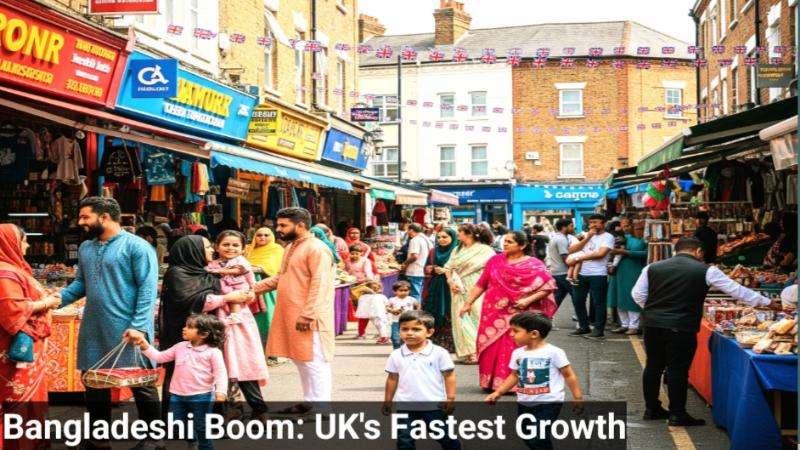
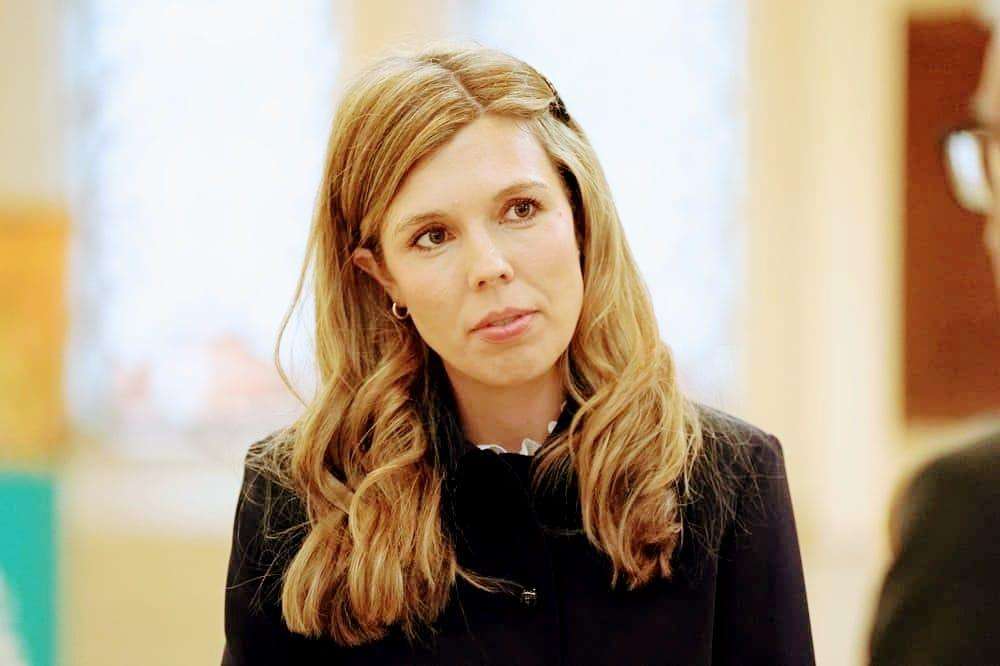
_3.jpg)
_3.jpg)



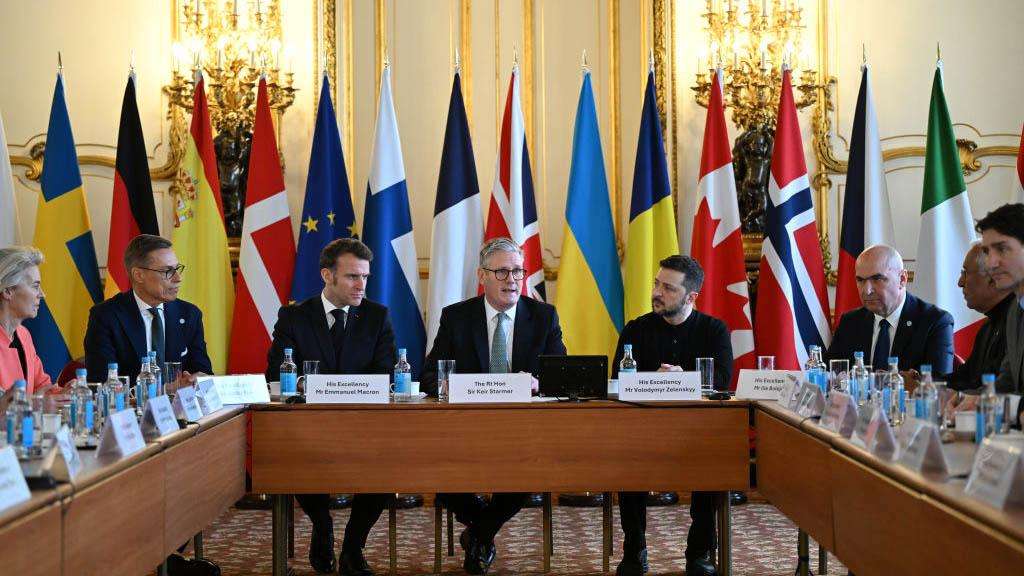
.svg)

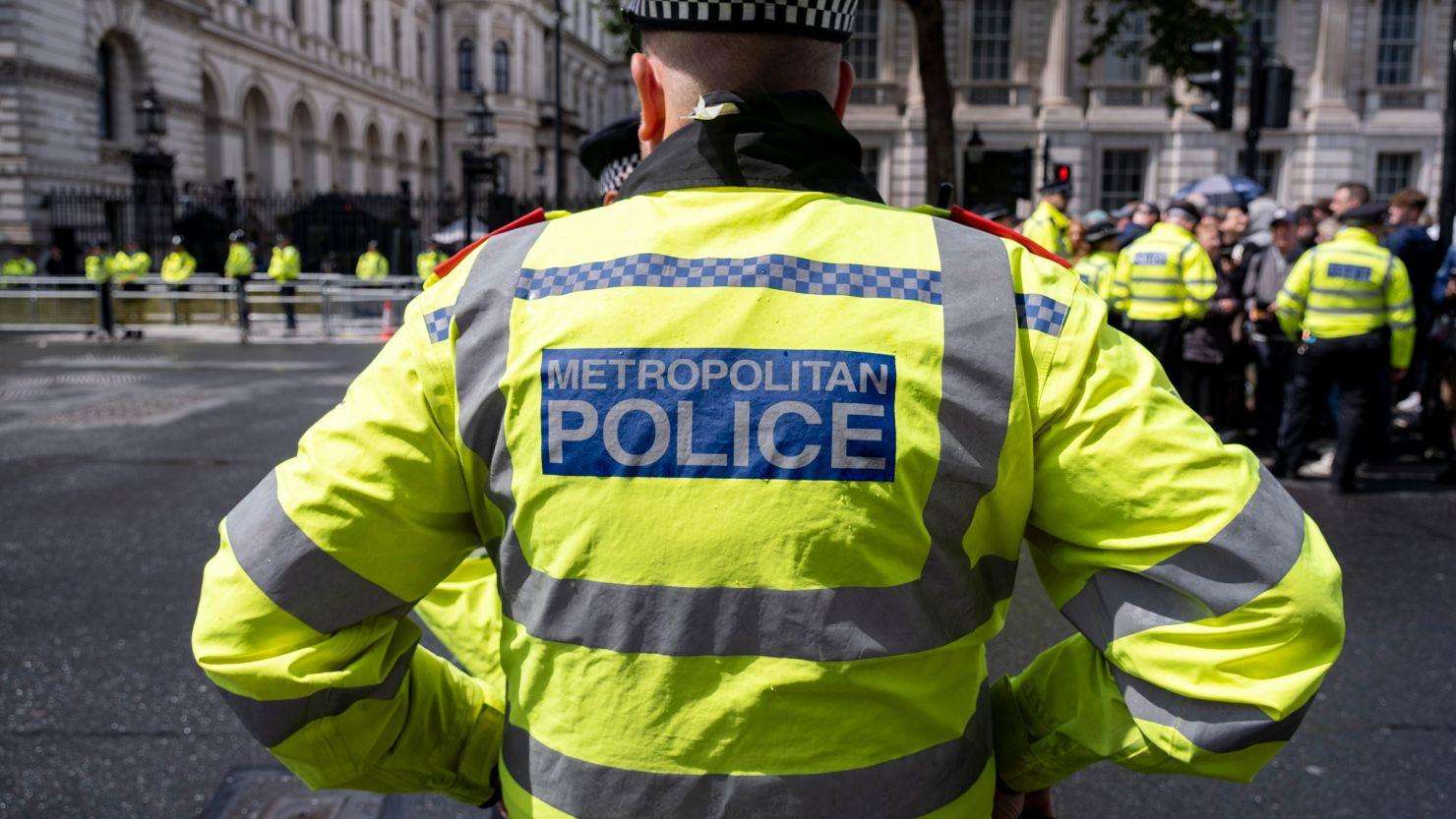
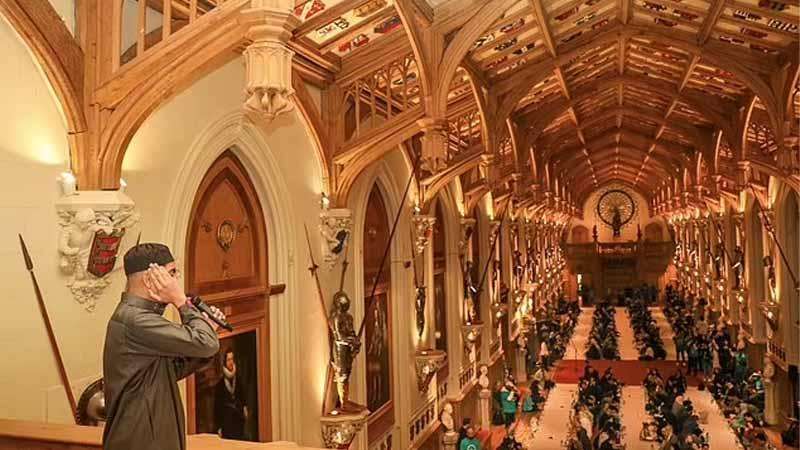
_2.jpg)
_3.jpg)